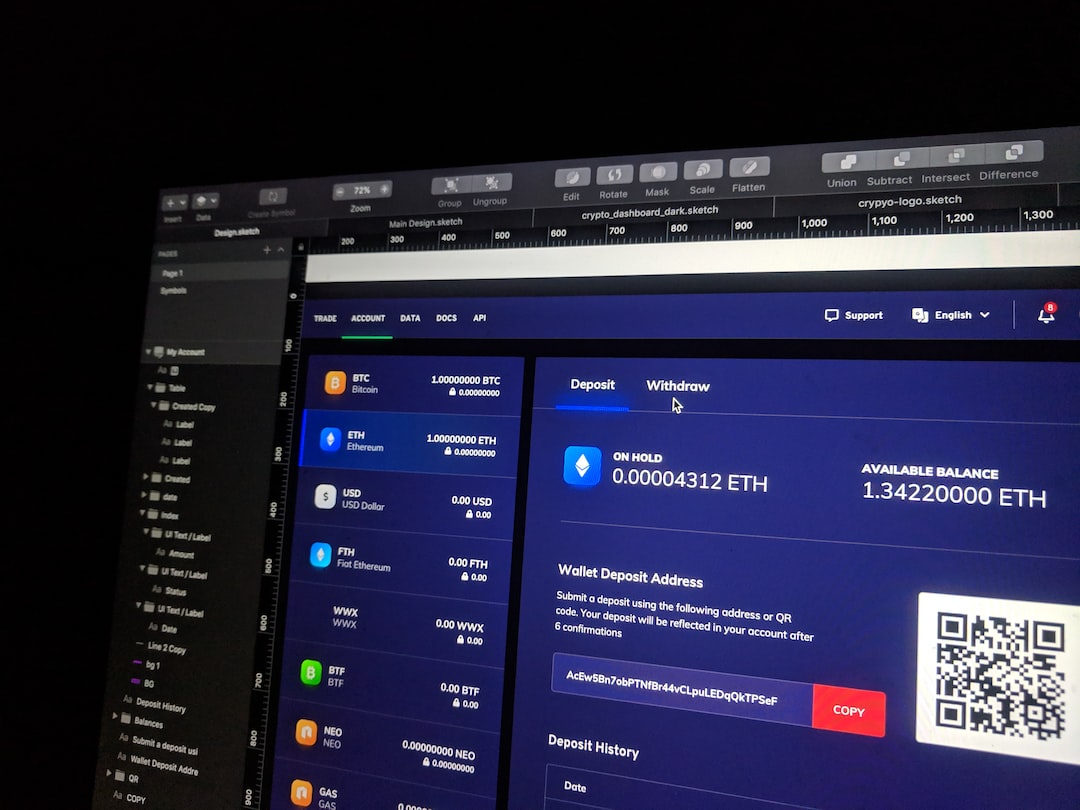Argentina Central Bank Accelerates Work on CBDC Legislation
The Central Bank of Argentina has announced that it is expediting its efforts to implement the workflow for a central bank digital currency (CBDC) in the country. This move comes after discussions about the potential benefits of a CBDC for the national economy.
Legislative Framework for the “Digital Peso”
During a public discussion on the Filo News channel, Juan Agustín D’Attellis Noguera, director of the Argentina Central Bank, revealed that they are working on the legislative framework for the “digital peso” project. The project, proposed by Minister of Economy and presidential candidate Sergio Massa, will be presented to the national Congress as soon as possible.
Support for CBDC and Criticism of Bitcoin-friendly Candidate
D’Attellis praised Massa’s approach to CBDC and indirectly criticized another presidential candidate, Javier Milei, who advocates for “dollarization” of the Argentine economy. D’Attellis believes that the traceability feature of a CBDC would allow the government to effectively collect taxes and stabilize the Argentine economy.
Addressing Inflation with a Digital Peso
Sergio Massa has committed to introducing a digital peso if he wins the election in order to tackle Argentina’s persistent inflation problem. However, current polls suggest that Milei, who opposes the central bank’s role and advocates for adopting the U.S. dollar as Argentina’s official currency, is slightly ahead in popularity.
Hot Take: Argentina Speeds Up CBDC Implementation Amidst Economic Challenges
The Central Bank of Argentina is making significant strides in implementing a central bank digital currency (CBDC) in response to economic challenges. With the legislative framework for the “digital peso” project underway, the government aims to stabilize the economy and address inflation through traceability and effective tax collection. While some presidential candidates, such as Sergio Massa, support this initiative, others, like Javier Milei, advocate for alternative solutions like dollarization. It remains to be seen how these differing approaches will shape Argentina’s economic future.





 By
By
 By
By
 By
By
 By
By
